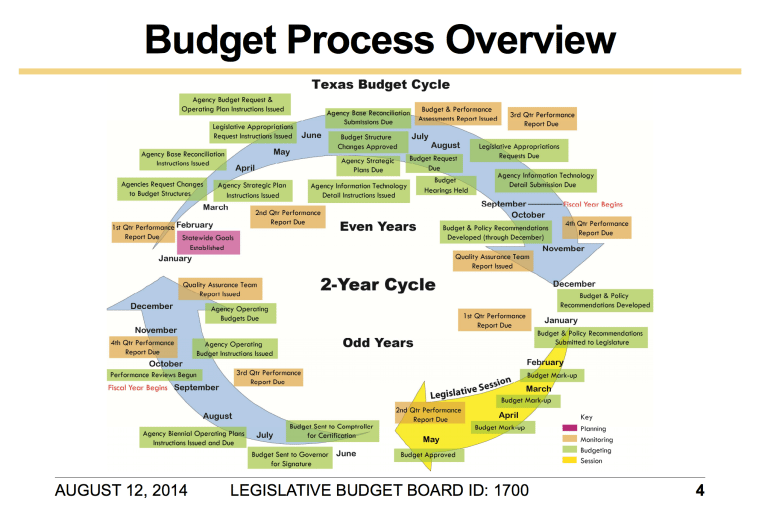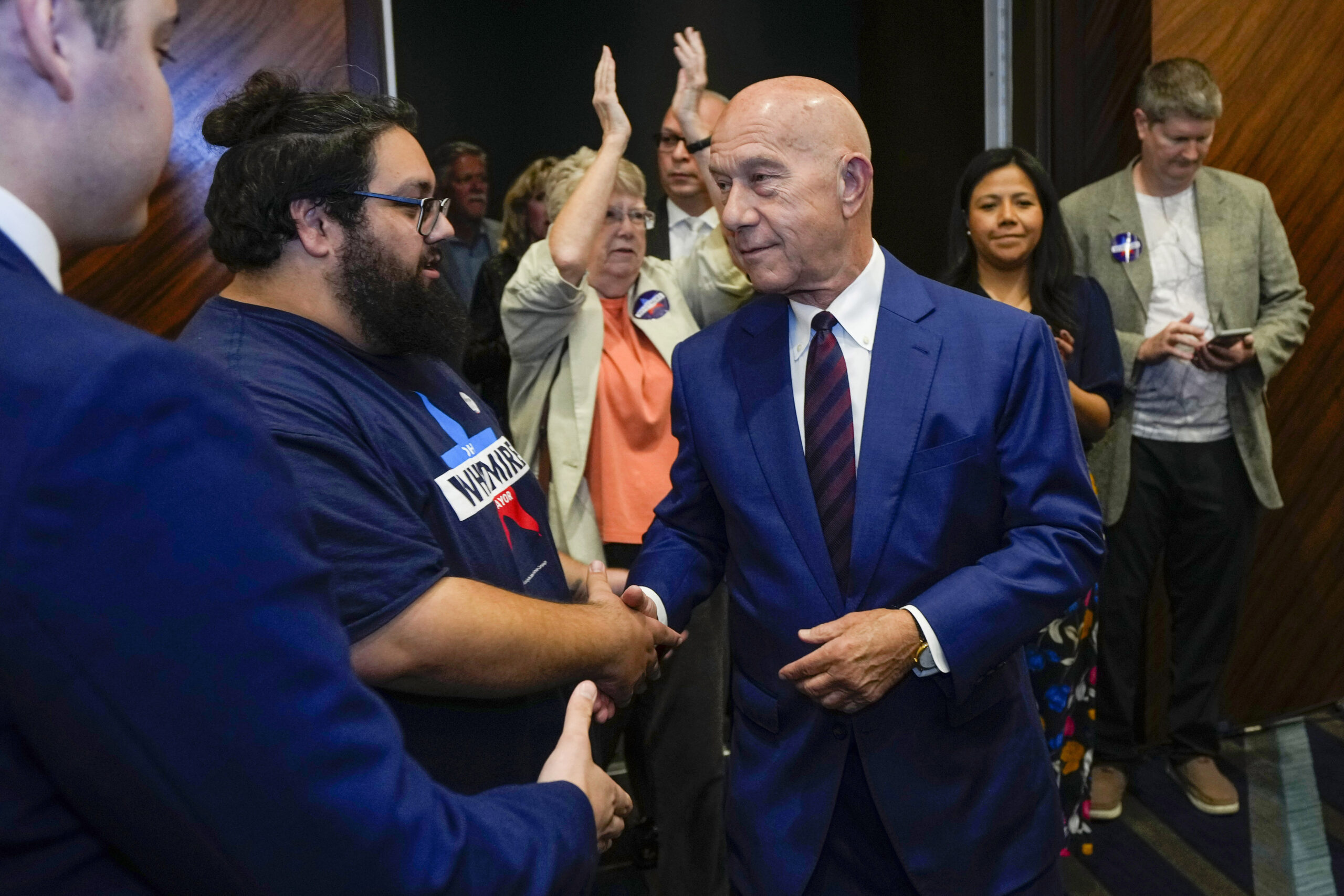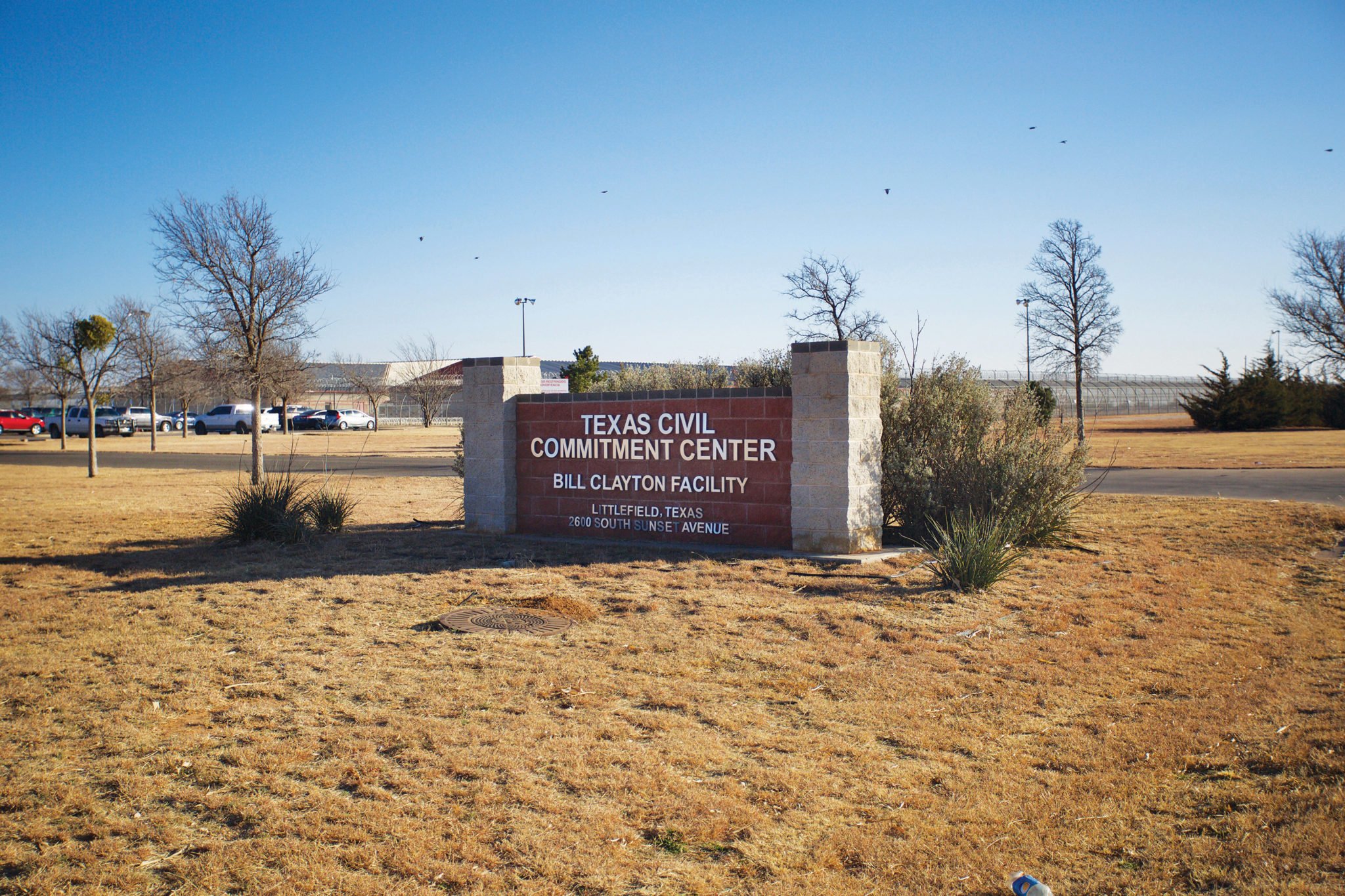
Slouching Toward a Budget

Above: A handy how-to guide to the state budget.
These months of committee hearings in the run-up to the next session of the Texas Legislature are like the dropping of a bomb. The hearings started, months ago, with the view from 30,000 feet, and the limitless possibilities of the unborn 84th in all its tea party splendor. As time goes by and we get closer to the end of the year, legislators will still have moments to consider the big, abstract questions of state government, but the features of the terrain below are starting to come into view. When January 13, 2015 hits—zero hour—time will compress, deadlines will appear and the legislators will be left with a bloody, sticky brawl.
The most important of these meetings are the get-togethers of the Senate Committee on Finance, which, guided by its new-ish chair state Sen. Jane Nelson (R-Flower Mound), will face the unenviable task of cobbling together a budget. The committee has been meeting intermittently to get an idea of the contours of the state’s fiscal situation, with the help of the Legislative Budget Board. Today, the committee members heard from the LBB on the major items in the state budget—education, transportation, Medicaid, etc. The board’s packet, for those interested, can be found here.
Here’s the key thing: The Legislature is going to get a fairly substantial pot of new money next session. The economy is going swimmingly, tax revenues are up and there’s a small fortune in oil and gas revenue heading in the Capitol’s direction. That boon has left some wondering what they can get for it.
GOP lt. governor nominee Dan Patrick, who hopes to take control of the Senate in January, will want to have his own fun—his first year with the gavel will be a time for him to leave his mark. He’s talked about altering Texas’ tax system—he’d like to see sales taxes displace the state’s property tax structure. And he’d like to develop a voucher program to help kids in public schools go to private schools. If he wants to do either of those things, it would help greatly to have a surplus in his back pocket.
But look more closely at the emerging state budget, as the committee did today, and the fiscal picture is not quite as rosy. The major pieces of the budget pie—public education, health and human services, higher education, transportation—already aren’t in great health and are going to need quite a bit more money next session just to hold steady. To simply keep up with enrollment, the state’s public education system is going to need $2.2 billion more—and that’s without any funding increase. It seems unlikely in the short- to medium-term that Texas is going to get back to pre-2011 funding levels, when the Legislature cut $5.4 billion from public ed.
There’s trouble in the higher education and Medicaid budgets too. Higher ed spending still lags levels from prior to deep cuts in 2011. Today, state Sen. Judith Zaffirini (D-Laredo) asked what it would take to fully restore funding. The Legislative Budget Board representatives said they’d get back to her. On Medicaid, state Sen. Charles Schwertner (R-Georgetown), the new chairman of Senate Health and Human Services, worried that 720,000 “eligible but unenrolled” people could sign up for Medicaid, significantly increasing costs.
Nelson, Schwertner’s predecessor on Health and Human Services, talked a bit about the need to further squeeze the state’s Medicaid program for savings. (No one really considered the possibility of accepting federal money.) “It’s eating up—it’s squeezing out everything else,” Nelson said. “We can’t do anything about caseload. It is what it is.” So more cost containment measures were needed, the reduction of “fraud and waste.” It’s unclear how much money can be realistically recouped that way, especially after years of those efforts.
On the question of transportation, senators were told that the system needed $5 billion more just to keep things at the current level of congestion—$1 billion of that just for crumbling roads in the oil patch.
State Sen. Robert Nichols, chair of Senate Transportation, told the committee that the amount of money the Texas Department of Transportation was spending for “debt service is greater than what we’re adding in terms of new [transportation] capacity.” Nelson: “That’s crazy.”
Last session, the Legislature narrowly passed a proposal to divert half of the oil and gas tax revenue going into the so-called Rainy Day Fund to state transportation funding—about $1.2 billion a year. The constitutional amendment goes to the voters as Proposition 1 on the November ballot. Getting that legislation through the Lege was like pulling teeth, yet much more might be needed. State Sen. John Whitmire (D-Houston): “It’s amazing that with Prop 1, we’re only doing a third of what they expect us to do.”
Eighteen members of the 2015 class were present today: 15 sitting senators, plus probable future senators Van Taylor, Paul Bettencourt and Bob Hall. With the new senators in mind, perhaps, Whitmire took two extended interludes to tout the benefits of the two-thirds rule, which Dan Patrick has promised to nuke when he gets to office.
The two-thirds rule requires the consent of 21 senators to bring a bill to the floor—it’s long been leverage for Democrats, and Patrick wants a more pliable chamber. If the rule is retired, Dems have nothing—and the Senate will look a lot more like the contentious special sessions of last summer. But Whitmire tried to sell the room on the rule from a different angle.
“Rural members need a two-thirds rule to make sure we provide for services like farm-to-market roads,” he said. “If you want to make sure you have a state transportation system” that services all parts of the state “you better have a budget 21 senators can support.” If the rule was eliminated, he said, and the state faced a transportation hole of billions, you’d see urban senators from Houston and Dallas conspiring to cut funding for rural roads to keep their own highways paved.
Nelson chided him for going off-topic, but he returned to it later to say much the same thing. In the audience, Charles Perry, recently picked by voters in a special election to represent Lubbock in the Senate, seemed to nod his head along with Whitmire’s exhortation, while Van Taylor, who’ll soon represent suburban Plano, seemed to shake it. On the right flank of the panel of sitting senators, Sens. Eltife, Schwertner and Hancock chuckled at Whitmire. Were they laughing because of Whitmire’s charm and insistence, or because they knew it was futile? We’ll find out in January.


